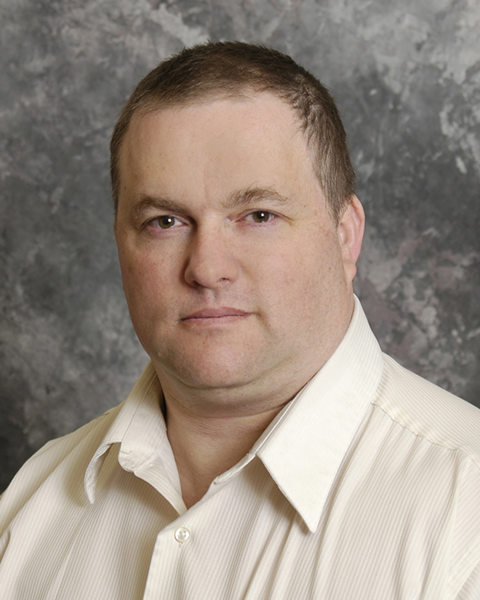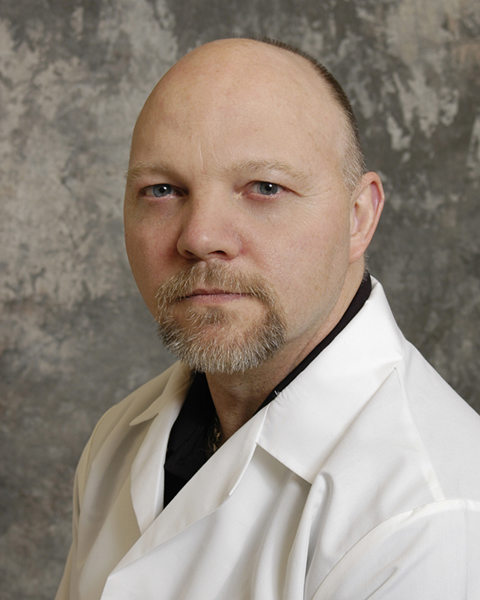Staying Hydrated in the Summer (and the rest of the year, too!)
Are you dehydrated? Would you know it if you were?
Dehydration means your body does not have as much water and fluids as it should, according to Dr. Gregory Sachs, a family medicine physician at Penn Highlands Family Medicine in DuBois. Our bodies are 75 percent water. If it goes down just 2 percent – just slightly - our bodies can start reacting to the lack of moisture in our systems. People often are dehydrated - and don’t know it, he said.
The symptoms of dehydration vary, according to Dr. Jessica Ayres, a family medicine physician with Penn Highlands Family Medicine in Curwensville. They can include:
• Headaches;
• Fatigue and anxiety;
• Dry skin;
• Decreased urine output;
• Darker urine;
• Increased breathing or heart rate;
• Dizziness;
• Constipation;
• Joint and muscle aches;
• Fever.
Any of that sound familiar? Some people may have all of these symptoms. Some people may have one, Sachs said. Many times, people treat each symptom separately – a pill for headaches, a laxative for constipation and caffeine products because they are tired. They don’t know that an easy fix can cure it all.
What causes dehydration? Simple. Some people just don’t consume enough liquids or they’ve lost too much liquid from their bodies or both.
The loss can happen through a couple ways. Sweating is one. Warmer weather and exercising are certainly times we sweat more. “Our thirst mechanism often does not keep up when we are active in the heat,” Dr. T. Murray Baker, a family medicine physician with Penn Highlands Family Medicine in St. Marys, said. “By the time we feel thirsty, we are already dehydrated.” Some medications may cause patients to sweat more, too, Sachs said.
And the loss can happen through frequent urination. Some drinks, foods or medicines – such as those for high blood pressure, anti-depressants or those for attention deficit disorder - can act as diuretics and cause frequent urination. Alcohol can certainly cause dehydration even through it is a liquid, Ayres said.
The most notable diuretic that most of us consume is caffeine. Everyone loves something with caffeine – coffee, sodas, chocolate. Sachs said it is common to see older people who drink a pot of coffee every day, younger people who are drinking Mountain Dew and flavored coffees, and middle aged people who are drinking green teas (yes, they’re caffeinated). Every age is drinking caffeine, and most people do it without even thinking about it.
Dehydration can also be caused by things you don’t think about, too, Ayres said: being at a higher altitude, sleeping more than six hours or having one’s menstrual cycle. Your body’s reaction to stress can cause dehydration, she said, and age can be a factor as children and older adults are more likely to get dehydrated.
How is dehydration treated? By eating and drinking better, Sachs said. Everyone should have eight glasses of fluid every day. This can come from food or drinks.
Food, such as fruit, clear broths and Jell-o all contain liquids. Think about eating watermelon or a juicy apple to help stay hydrated.
Some drinks are obviously helpful. Milk and juice are on the “good to drink” list, and so is water - in moderation. “But you can drink too much water,” Sachs said. Eight glasses a day of only water is not a good thing. It dilutes ones’ sodium and potassium – two very vital minerals, he said.
What is the best thing to drink? “I should be a paid spokesperson,” Sachs joked about his answer. It’s sports drinks that have zero calories, zero sugar and a lot of electrolytes. “At least one of the eight glasses per day should come from that,” he said.
So as you make plans not only this summer but every day, think about how you and your family can stay hydrated.
If you increase your fluids and cut back on caffeine, and you don’t still see any improvements, make an appointment to see your primary care doctor and talk to him or her about it. If you don’t have a primary care provider, go to www.phhealthcare.org/findadoc or call the Family Medicine Continuity Clinic at 814-503-4305.


